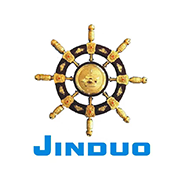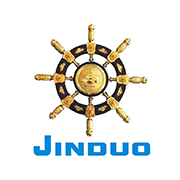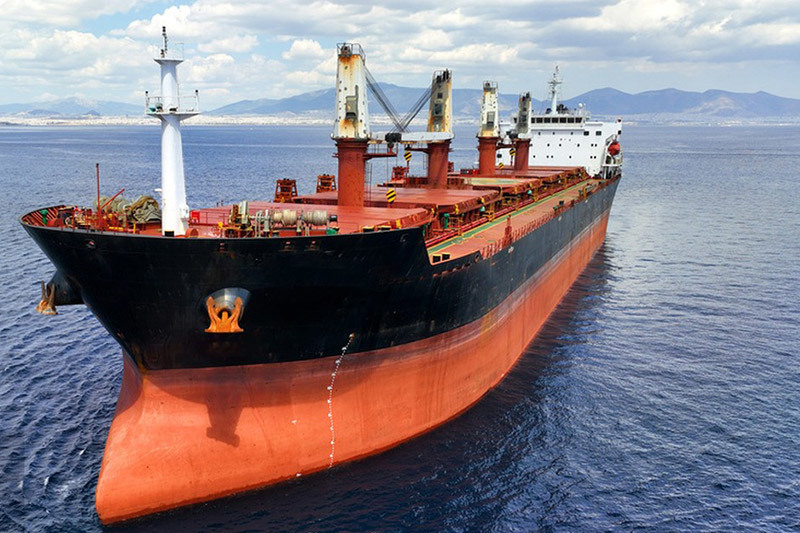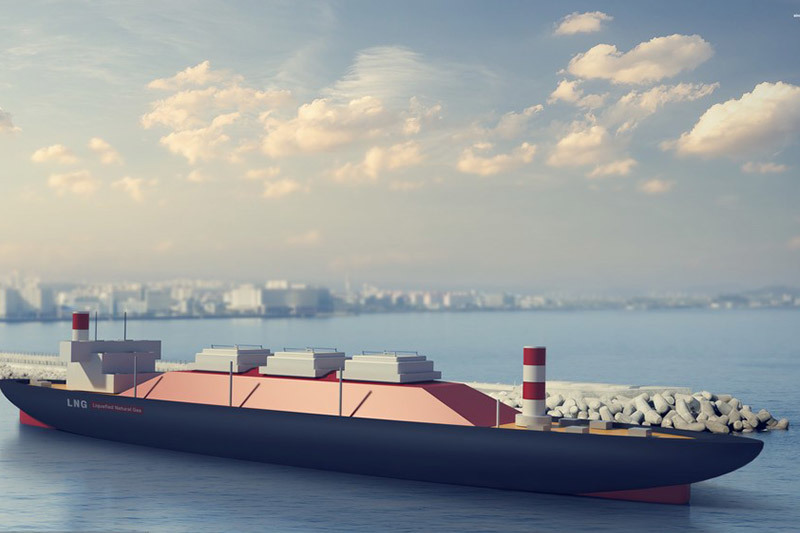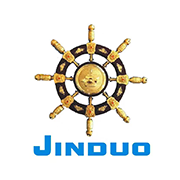news
Understanding Ship Refit and Conversion: Transforming Vessels for Modern Needs
One of the primary motivations for ship refit is to improve energy efficiency. As fuel costs rise and environmental regulations tighten, many shipowners are looking for ways to reduce their operational expenses. By upgrading engines, optimizing hull designs, and incorporating energy-efficient technologies, vessels can significantly lower fuel consumption. Such modifications not only save money but also reduce greenhouse gas emissions, aligning with global efforts to promote sustainability in maritime transportation.
Conversion, on the other hand, involves a more substantial change in the vessel's purpose. For example, a cargo ship might be converted into a research vessel, or a passenger ferry could be adapted for use as a luxury cruise liner. These conversions require careful planning and execution, often involving structural modifications, enhancements in safety and comfort, and compliance with new regulatory standards. Engaging skilled professionals in naval architecture and marine engineering is essential to ensure that the conversion is successful and safe.
Moreover, the ship refit and conversion process must also consider the regulatory frameworks in place. Shipping laws and standards can vary significantly across regions and may change over time. Adhering to international conventions such as the International Maritime Organization (IMO) regulations is vital to maintaining the vessel's operational legitimacy and safety. A thorough understanding of these regulations will help shipowners avoid potential penalties and operational disruptions.
Another significant aspect of ship refit and conversion is the economic advantage it offers. Rather than investing in entirely new vessels, which can be exceedingly costly, refitting or converting existing ships can be a more economical option. This approach not only saves capital but can also lead to a quicker return on investment by leveraging existing assets.
In conclusion, ship refit and conversion are essential processes in the maritime industry, allowing for the modernization and repurposing of vessels to meet current demands. By enhancing energy efficiency, enabling regulatory compliance, and offering economic benefits, these practices are becoming increasingly vital in a rapidly changing maritime landscape. Stakeholders should embrace these strategies to ensure their vessels remain competitive and sustainable in the long term.
Other news
The Future of Maritime Transportation: Self Unloading Bulk Carriers Explained
The Future of Maritime Transportation: Self Unloading Bulk Carriers Explained Table of Contents 1. Introduction to Maritime Transportation 2. What Are Self Unloading Bulk Carriers? 3. Historical Evolution of Bulk Carriers 4. Mechanisms of Self Unloading Technology 5. Benefits of Self Unloading Bulk Carriers 6. Environmental Impact of Self Unloading Bulk Carriers 7. Fut
Understanding the 5000 DWT Bulk Carrier: Key Features and Operational Insights
The 5000 DWT (Deadweight Tonnage) bulk carrier is designed to efficiently transport a wide range of bulk cargoes, including grains, coal, minerals, and other solid commodities. Such vessels play a pivotal role in global trade, as they are capable of navigating both coastal and deep-water routes with ease. Their moderate size allows for flexibility in port access and reduced operational costs, maki
Evaluating the Best Practices for Using a Ship Trading Platform
Evaluating the Best Practices for Using a Ship Trading Platform Table of Contents 1. Introduction to Ship Trading Platforms 2. Understanding Ship Trading and Its Importance 3. Key Features of Effective Ship Trading Platforms 4. Best Practices for Successful Ship Trading 4.1 Conducting Thorough Market Research 4.2 Leveraging Data Analytics
Privacy
The Software respects and protects the personal privacy of all users of the Services. In order to provide you with a more accurate and personalized service, the Software will use and disclose your personal information in accordance with this Privacy Policy. However, the Software will treat such information with a high degree of diligence and duty of care. Except as otherwise provided in this Privacy Policy, the Software will not disclose or provide this information to third parties without your prior permission. The Software may update this Privacy Policy from time to time. You will be deemed to have agreed to this Privacy Policy in its entirety when you agree to the Software Service Use Agreement. This Privacy Policy is an integral part of this Software Service Use Agreement. 1. Scope of ApplicationIn your use of the Software's network services, the Software automatically receives and records information on your cell phone, including, but not limited to, your health data, the language used, the date and time of access, information on hardware and software characteristics, and data on webpage records of your needs; 2. Use of InformationAfter obtaining your data, the Software uploads it to the server to generate your leaderboard data so that you can better use the Services. The Software will upload your data to the server to generate your ranking data so that you can use the service in a better way. 3. Information Disclosure 3.1 The Software will not disclose your information to untrusted third parties. 3.2 In accordance with the relevant provisions of the law, or the requirements of administrative or judicial bodies, disclosure to third parties or administrative or judicial bodies; 3.3 If you appear to violate the relevant Chinese laws, regulations or relevant rules, it is necessary to disclose it to a third party; 4. Information Storage and Exchange The information and materials collected by the Software about you will be stored on the servers of the Software and/or its affiliates. The information and data may be transferred to and accessed, stored and displayed outside of your country or region or the country in which the Software collects the information and data. 5. Information Security When using the Software's network services to conduct online transactions, you will inevitably disclose your personal information, such as contact information or postal address, to the counterparty or potential counterparty. Please protect your personal information and provide it to others only when necessary. If you find that your personal information has been compromised, please contact the software's customer service immediately so that the software can take appropriate measures.
